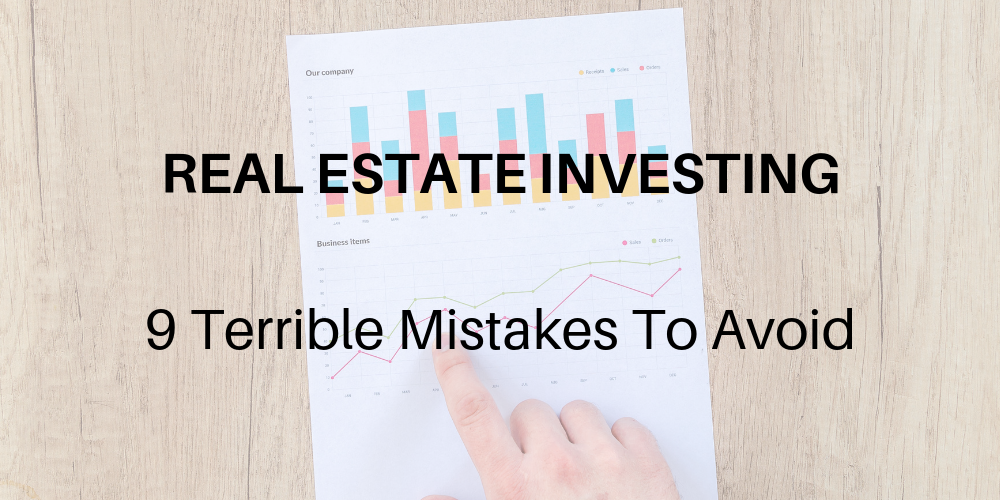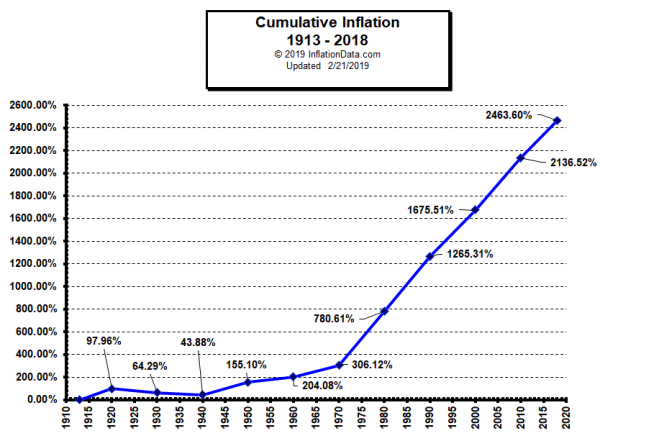9 Lethal Real Estate Investing Mistakes
https://www.c4dcrew.com/wp-content/uploads/2019/09/CONTRACT-FOR-DEED_-PROS-AND-CONS-23.png 1000 500 Sam Radbil Sam Radbil https://secure.gravatar.com/avatar/0cd60208d9de9b4ec7236a52868375f0187854b5ee1fefa7603d0294819d3045?s=96&d=mm&r=gYou are ready to start investing in real estate, but you want to be careful; you don’t want to make the same mistakes that others have, and while you have done some research, you know that there are some basic guidelines to follow as you start investing in real estate.
To help you become a sophisticated real estate investor, we’ve compiled a great list of nine common errors to avoid.
Are You Overpaying?
This might seem simplistic, but the easiest way to lose money on a real estate investment is too pay too much for the property. Paying even as little as $10,000 too much can cause you to go cash-flow negative and to be stuck with a poorly performing property.
If your monthly costs are $900, and you can rent your unit for $1200 per month that produces $300 per month in cash flow.
If you overpay and raise your monthly costs just $200 to $1100, you’re not leaving yourself much room to make money; you may try to get an unrealistic amount for rent, and your place may sit empty, therefore costing you more than $1000 per month.
Your dream rental property will quickly become a nightmare if you buy it incorrectly.
I’m Going to Get Rich Quick
We urge you to attend one of those real-estate-road-to-riches seminars, like the one shown above, that you’ll see online or even in your town.
These are offered by a number of people, but their story is always the same as they claim that by buying their book, taking their seminar or by signing up for costly consulting, you too can be a passive real estate investment millionaire.
Sure, someone, somewhere occasionally gets rich quick by investing in real estate, but in reality, those that do make a lot of money attribute it to hard work and perseverance with a little luck thrown in along the way.
By all means go to a real estate investment seminar but be skeptical about anything you hear.
Winging It When Investing in Real Estate
You need a plan. You need financing. You need knowledge. And you can’t attain these things by merely waking up one day and deciding that you’re going to be a real estate mogul. You need to form great habits!
Learn about the business, pay attention to those that have been the most successful and have a good idea of what you want to accomplish before you start.
No Homework When Investing in Real Estate
Do you understand mortgage terminology?
Do you know what REO property is?
Do you understand title policies?
Do you know the difference between gross and net profit?
Do you know what a buyer’s agent does?
You get the point — study the business you are about to become involved in.
I Don’t Need Anybody to Help Me
Successful entrepreneurs know their weaknesses. If they are not good at employee relations, they hire an HR person who is. They have lawyers draft their contracts and CPAs do their taxes.
Sure, you know how replace a toilet handle, but can you fix a ceiling leak that originates from another apartment unit?
Buttonwood, property management Toronto, advises, “don’t start investing in types of real estate until you have your resource team lined up. You can’t do everything yourself, unless you want to ride that lone scooter into bankruptcy court.”
Cash Flow Investments?
Understand cash flow because cash is king. A good friend of ours was a street educated business person and said that she used the checkbook method of accounting.
When she had money in her checkbook after paying bills she was doing well; when she was short of funds and bills were piling up, she was doing poorly.
Now we’re not saying you should employ that primitive bookkeeping method, but our friend certainly understood what cash flow meant and so should you.
Afraid to Do Two
If you are going to make significant dollars investing in real estate, you’ll need to have the capability to do more than one project at once. Good deals are sometimes fleeting, and you may have to strike quickly. If your preferred business method is plodding, investing in real estate may not be for you.
You are Too Single Minded

You buy a fixer-upper to renovate and your plan is to get the work done quickly and then flip it—just like they do on TV.
You’re ready for some cost overruns, and you have your demo and reconstruction crews lined up. You move quickly and the house looks beautiful. Then a water main breaks and floods the street and the city finds a labyrinth of caverns below ground. Suddenly, no one can even get to your property to view it, and potential buyer traffic is non-existent.
Now you have to start thinking about renting or even trading the home for another property. You used all of your lines of credit for the remodel, so you have a big problem and you have painted yourself into a corner.
Sure, you’ll eventually get out of the mess, but not until you get your rental machine going, or you are able to make a quick deal to get out.
If you would have considered early on that something bad could happen, you could have planned accordingly.
Bad Estimates (More Headaches)
.jpg)
Cost overruns can kill you, and if you don’t get multiple estimates for everything like insurance, remolding costs, and even broker commissions, you are doing yourself a disservice.
Yes, you too can make good money investing in real estate, but you’ll have a greater chance of success if you pay attention to the 9 pitfalls described above.





